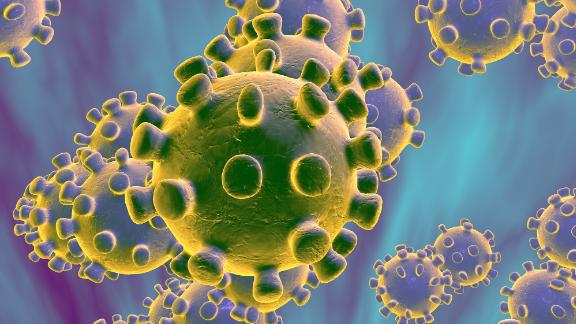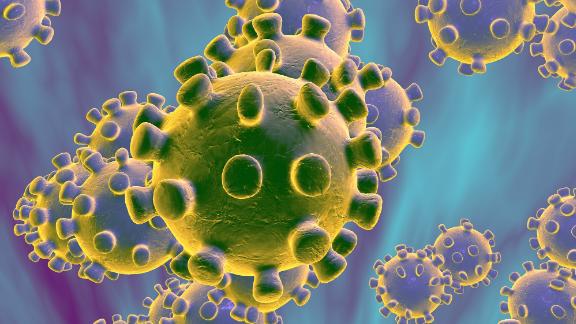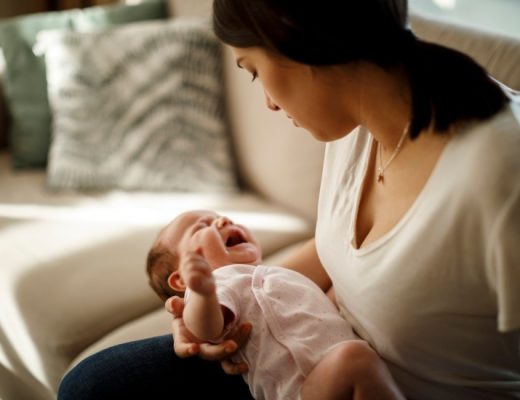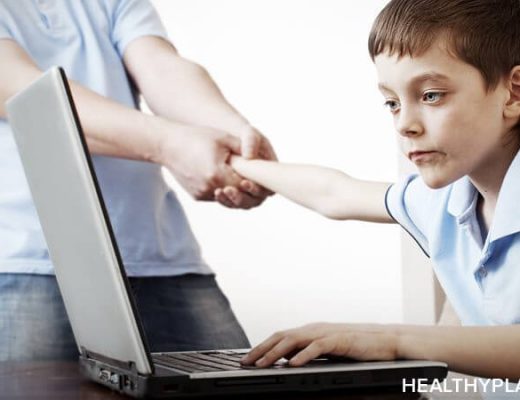The spread of a novel Coronavirus is creating a state of panic and anxiety on a global scale. Public health authorities around the world are taking action to contain the coronavirus outbreak. However, this time of crisis is generating stress in the general population. It is very usual for all of us to be in a state of anxiety considering the news and discussions going around in electronic media. However, this might have a major impact on the patient with an anxiety disorder. https://www.drpawan.org/anxiety/
 The news and on-going events all around the world on the COVID-19 outbreak might precipitate Anxiety Disorder in vulnerable individuals. It might also aggravate illness anxiety among the ones who have already been diagnosed with an anxiety disorder. One of the core features of anxiety disorder is apprehension that something bad might happen to the patients themselves or their family members. Hence, the current outbreak may be incorporated in the phenomenology of anxiety and may present as a complaint itself.
The news and on-going events all around the world on the COVID-19 outbreak might precipitate Anxiety Disorder in vulnerable individuals. It might also aggravate illness anxiety among the ones who have already been diagnosed with an anxiety disorder. One of the core features of anxiety disorder is apprehension that something bad might happen to the patients themselves or their family members. Hence, the current outbreak may be incorporated in the phenomenology of anxiety and may present as a complaint itself.
We, psychiatrists in our daily practice have encountered a lot of patients with a fear that they might already have COVID-19 infection or they are fearful that they could have COVID-19 anytime. They assume the worst and are not able to function in their day to day life. So the thing to understand here is this group of patients could have had anxiety irrespective of the COVID-19 outbreak. These are genetically vulnerable groups. When threats are uncertain, such as the current coronavirus situation, anxious minds can easily overestimate the actual threat and underestimate the person’s ability to cope with it. Different factors like natural disasters, disease outbreaks, bad news, etc. can precipitate anxiety in vulnerable individuals. Similarly, patients maintaining well on anti-anxiety medications could have the aggravation of their symptoms as a result of these types of events.
Stress and the feelings associated with it are by no means a reflection that you cannot do your job or that you are weak. Recently World Health Organization (WHO) has published Mental Health considerations during the COVID-19 outbreak. It highlights the following points for the general public:
- Coronavirus disease (COVID-19) has and is likely to affect people from many countries, in many geographical locations. Don’t attach it to any ethnicity or nationality. Be empathetic to those who got affected, in and from any country, those with the disease have not done anything wrong.
- Don’t – refer to people with the disease as “COVID-19 cases”, “victims” “COVID-19 families” or the “diseased”. They are “people who have COVID-19”, “people who are being treated for COVID-19”, “people who are recovering from COVID-19” and after recovering from COVID-19 their life will go on with their jobs, families and loved ones.
- Avoid watching, reading or listening to news that cause you to feel anxious or distressed; seek information mainly to take practical steps to prepare your plans and protect yourself and loved ones. Seek information updates at specific times during the day once or twice. The sudden and near-constant stream of news reports about an outbreak can cause anyone to feel worried. Get the facts. Gather information at regular intervals, from the WHO website and local health authorities’ platforms, in order to help you distinguish facts from rumors.
- Protect yourself and be supportive of others. Assisting others in their time of need can benefit the person receiving support as well as the helper.
- Find opportunities to amplify the voices, positive stories and positive images of local people who have experienced the new coronavirus (COVID-19) and have recovered or who have supported a loved one through recovery and are willing to share their experience.
- Honor caretakers and healthcare workers supporting people affected with COVID-19 in your community. Acknowledge the role they play to save lives and keep your loved ones safe.
- Help children find positive ways to express disturbing feelings such as fear and sadness. Every child has his/her own way to express emotions. Sometimes engaging in a creative activity, such as playing, and drawing can facilitate this process. Children feel relieved if they can express and communicate their disturbing feelings in a safe and supportive environment.
- Keep children close to their parents and family, if considered safe for the child, and avoid separating children and their caregivers as much as possible. If a child needs to be separated from his/her primary caregiver, ensure that appropriate alternative care is and that a social worker, or equivalent, will regularly follow up on the child. Further, ensure that during periods of separation, regular contact with parents and caregivers is maintained, such as twice-daily scheduled phone or video calls or other age-appropriate communication (e.g., social media depending on the age of the child).
https://www.who.int/docs/default-source/coronaviruse/mental-health-considerations.pdf
To conclude, it is very normal to be stressed and anxious at the time of an epidemic. It doesn’t mean weakness. The people vulnerable to anxiety can have symptoms of excessive worrying and apprehension about the outbreak. It is always wise to choose authentic sources of information rather than relying on what is shown in social media and what is said by non-experts. If the symptoms of worrying and thoughts about illness are causing significant sleep problems, inability to concentrate and work, it is always better to seek help from mental health experts.





One Reply to “Coronavirus (COVID-19) and Anxiety”